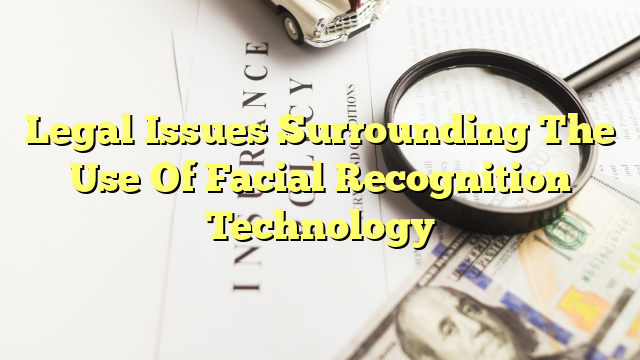Ethical Issues
Facial recognition technology has been shown to have significant potential for improving security and convenience, but it has also raised ethical issues related to privacy and accuracy. In particular, some have argued that the use of facial recognition technology by law enforcement or other governmental agencies can lead to surveillance and other intrusive activities. Additionally, since facial recognition technology is still highly inaccurate, there are concerns that it could lead to false positives and other erroneous results.
Law Enforcement Policy
In the United States, the use of facial recognition technology by law enforcement is largely restricted to activities that are sanctioned by a court order. This means that law enforcement cannot generally use facial recognition technology without a search warrant or other legal authority. Additionally, law enforcement is not able to use facial recognition technology to target particular individuals, and must instead use it to conduct searches for suspects in criminal investigations.
Legislation
At the federal level, there is currently no specific legislation in place to regulate the use of facial recognition technology. However, several states and cities have enacted laws that limit the use of facial recognition technology by law enforcement and other governmental agencies. For example, Illinois and California have both passed laws that prohibit law enforcement from using facial recognition technology without a court order, and cities such as San Francisco and Somerville, MA have banned the use of facial recognition by public agencies.
State Laws
In addition to the laws passed at the state and city level, several states have enacted their own laws to regulate the use of facial recognition technology. For example, Texas has enacted a law that requires companies that use facial recognition technology to provide clear notice to consumers that their images are being collected. Additionally, Washington and New Hampshire have both passed laws that require companies to obtain written consent from customers before using facial recognition technology.
Overall, the legal landscape concerning the use of facial recognition technology is still evolving, and it is important for organizations that are considering using the technology to be aware of the relevant laws and regulations in their jurisdiction.

